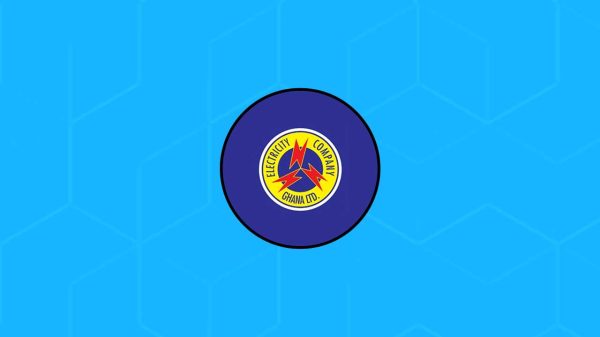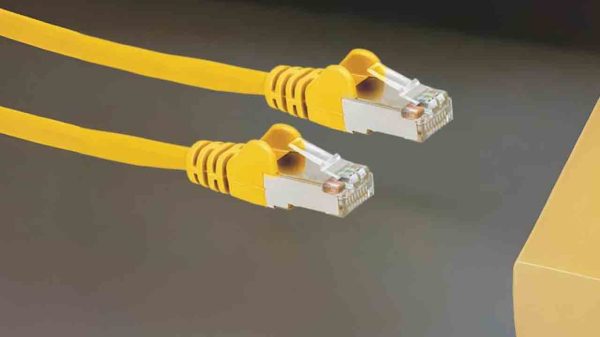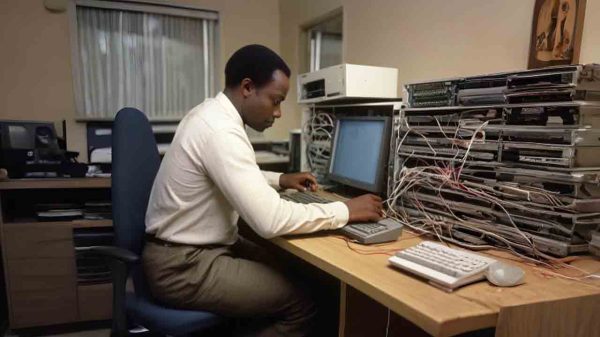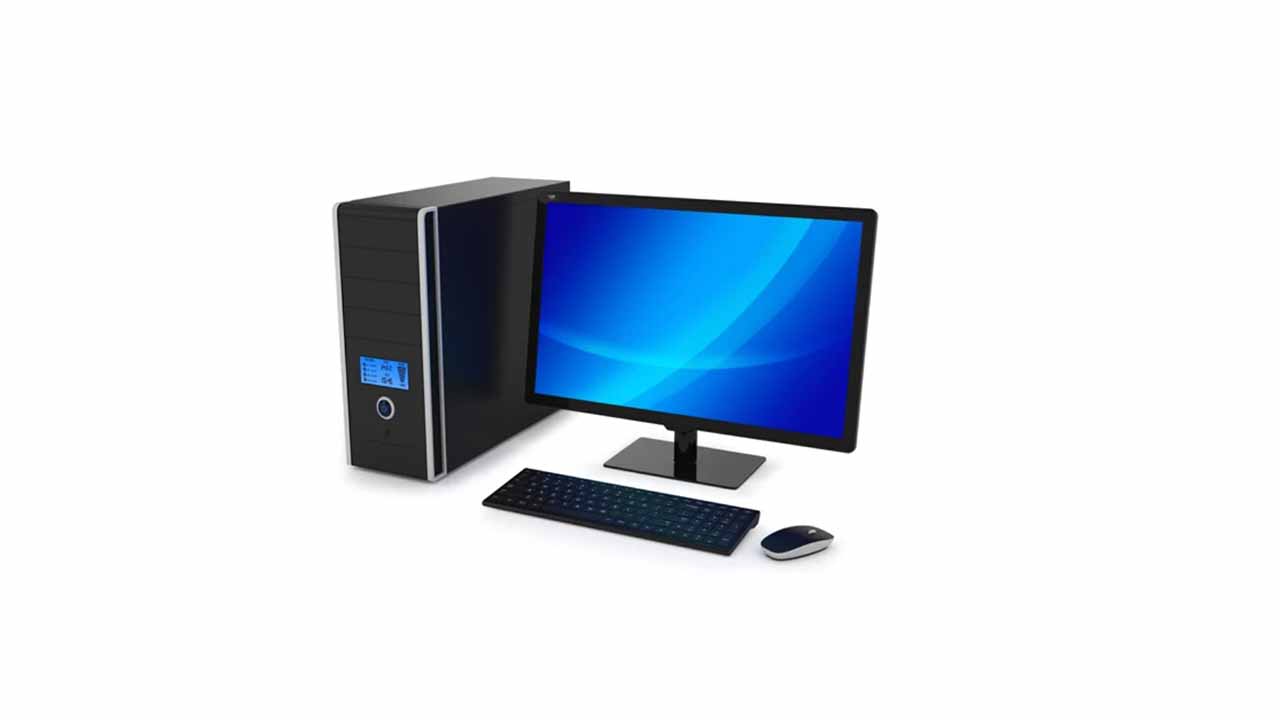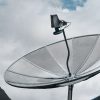Computers are everywhere—at home, in schools, in offices, and even in our pockets. But have you ever wondered what makes a computer so powerful? Why does it seem to handle tasks effortlessly while humans need breaks? Let’s dive into the main characteristics of a computer system in a way that’s easy to understand, even if you’re new to the topic.
What Is a Computer System?
At its core, a computer system is an electronic machine that takes in data (input), processes it using a set of instructions, and then gives back useful information (output). Think of it like a super-smart assistant that follows commands perfectly and never gets tired. The brain of the computer, known as the Central Processing Unit (CPU), is responsible for carrying out these tasks.
A typical computer system consists of:
- Input Devices – Devices like a keyboard or mouse that help users send information to the computer.
- Processing Unit (CPU) – The brain of the computer, where all calculations and decisions happen.
- Memory (RAM & Storage) – RAM helps the computer think quickly, while storage (like a hard drive) saves files for future use.
- Output Devices – Screens, printers, and speakers that display or present the processed data.
Now, let’s break down what makes a computer unique and why we rely on them so much.
1. Speed
Imagine solving a large multiplication problem—how long would it take you? A few seconds, maybe even a minute. But a computer can do millions of calculations in the blink of an eye! The speed of a computer is measured in Gigahertz (GHz), meaning it can process billions of instructions per second.
| Measurement Unit | Speed |
|---|---|
| Millisecond | 1/1,000th of a second |
| Microsecond | 1/1,000,000th of a second |
| Nanosecond | 1/1,000,000,000th of a second |
Computers save time, which is why they are used for complex tasks like weather forecasting, space exploration, and financial transactions.
2. Accuracy
Computers don’t make mistakes on their own. If given the right instructions, they will always give the right answer. The only time errors occur is when a human enters incorrect data (this is called Garbage In, Garbage Out – GIGO). Unlike humans, computers don’t get tired or distracted, which makes them highly reliable.
3. Diligence
If you had to solve math problems for 24 hours straight, you’d eventually get tired. But a computer? It never gets bored, tired, or distracted. It can run for days, weeks, or even years without needing rest. This ability is why computers are used in hospitals, space missions, and security systems.
4. Automation
Once programmed, a computer can run tasks without human help. For example, when you set an alarm on your phone, it rings at the right time automatically. Businesses use automation for batch processing, where large amounts of data are handled efficiently without manual intervention. Artificial intelligence also plays a role by enabling systems to learn patterns and make decisions, further reducing the need for human input. Businesses use automation for:
- Online transactions
- Email sorting (spam filters)
- Self-driving cars
Computers follow instructions step by step, ensuring tasks are completed as expected.
5. Versatility
A computer isn’t limited to one job—it can do many things at once! You can listen to music, browse the internet, and type a document all at the same time. This is known as multitasking.
Some real-world examples of computer versatility include:
- Video editing while downloading files
- Playing games while chatting online
- Running business software while analyzing data
Computers handle multiple tasks effortlessly, making them useful for both personal and professional work.
6. Memory & Storage
Computers have different types of memory:
| Memory Type | Purpose |
| RAM (Random Access Memory) | Temporary storage for quick access |
| Hard Drive (HDD/SSD) | Long-term data storage |
| Cache Memory | Super-fast memory inside the CPU |
A computer can store millions of files, pictures, and videos. Today’s computers measure storage in terabytes (TB)—that’s over a million megabytes! Unlike humans, computers don’t forget where they stored data, making them great at remembering information for future use.
7. Reliability
Computers consistently give the same results when given the same input. Whether it’s 10 AM or midnight, the answer to 2 + 2 will always be 4. This reliability makes computers essential for:
- Banking transactions
- Weather predictions
- Scientific experiments
As long as the software is correctly programmed, computers will always be accurate and reliable.
8. Connectivity
Modern computers can connect to the internet, allowing them to share information across the world in seconds. This feature is why we have:
- Online learning
- Video calls
- Global communication
Without connectivity, we wouldn’t have access to instant news, social media, or cloud storage services.
9. Security
Computers have strong security measures to protect data from hackers and viruses. Features like passwords, encryption, and antivirus software help keep personal and business information safe.
| Security Feature | Purpose |
| Passwords | Prevents unauthorized access |
| Encryption | Protects sensitive data |
| Firewalls | Blocks harmful websites |
With proper security, computers can be trusted to store sensitive information like medical records and financial details.
10. Artificial Intelligence
Computers are getting smarter! Artificial Intelligence (AI) allows them to learn from experience and make decisions. Think about how your phone suggests words as you type—that’s AI in action!
Some common AI applications include:
- Voice assistants (Siri, Alexa)
- Face recognition
- Self-driving cars
AI helps computers go beyond simple calculations, making them even more useful in daily life.
Computers have changed the way we live, work, and communicate. Their speed, accuracy, reliability, and multitasking abilities make them one of the most powerful tools ever created. Whether you’re writing an essay, streaming a movie, or managing a business, you can always count on a computer to get the job done efficiently.
So, the next time you turn on your laptop or phone, take a moment to appreciate just how amazing these machines really are!
Subscribe to our Newsletter
Stay updated with the latest trends in African technology!





